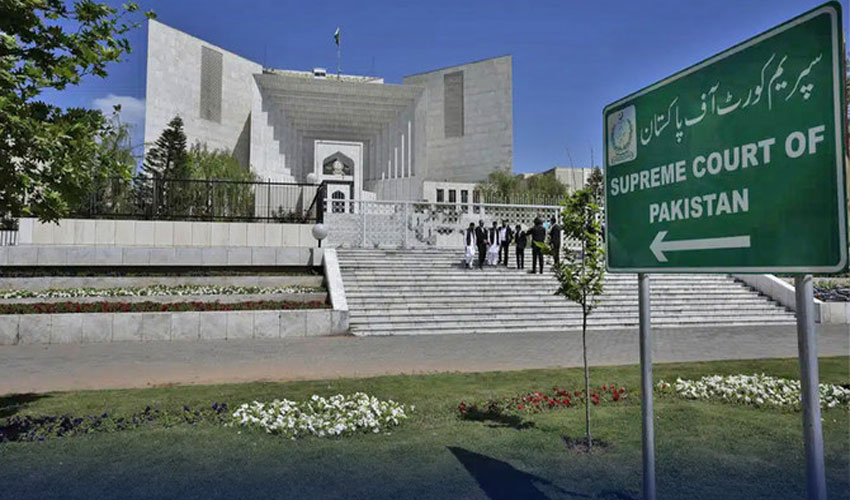The Judicial Commission of Pakistan has extended the tenure of the Supreme Court’s constitutional bench by six months and revised rules for judge appointments. Contrary to Justice Mansoor Ali Shah’s suggestion, the commission left the decision to consider intelligence agency reports at its discretion.
Key Decisions from the Meeting
Under the chairmanship of Chief Justice Yahya Afridi, the Judicial Commission convened to finalize procedural rules and approve proposed amendments with minor adjustments. According to sources, these changes included the removal of mandatory medical tests for additional judges. However, the discretion to obtain intelligence reports for candidates was retained.
Highlights of the Revised Draft
- High Court Chief Justices: The draft mandates that three names will be considered for the position of Chief Justice in any High Court. If a senior judge is not appointed, reasons must be explicitly provided.
- Supreme Court Appointments: Five nominees from High Courts will be considered for Supreme Court judge appointments.
Constitutional Bench Extension
Following the procedural discussions, a second session addressed the extension of the Supreme Court’s constitutional bench. The commission approved the extension for six more months by a narrow 7-6 majority. Justice Jamal Mandokhail proposed including all Supreme Court judges in the constitutional bench, but the majority favored maintaining its current structure.
Nominations for Additional Judges
Nominations for new judges must be submitted by January 3rd, according to the Judicial Commission. These nominations must be submitted through the respective Chief Justices of High Courts. Notably, previously submitted nominations were unanimously withdrawn, signaling a fresh start under the revised rules.
What This Means
These decisions highlight the commission’s focus on transparency, accountability, and operational efficiency. By incorporating structured guidelines for judge appointments and extending the constitutional bench, the Judicial Commission aims to strengthen the judiciary’s functionality and credibility.
Analysis
This development underscores the evolving dynamics of Pakistan’s judicial system. The decisions reflect a balance between tradition and reform, ensuring robust mechanisms for judicial appointments while maintaining operational flexibility. Stakeholders and legal experts will closely monitor the implementation of these revised rules.
Stay tuned for more updates on Pakistan’s legal and constitutional advancements.

